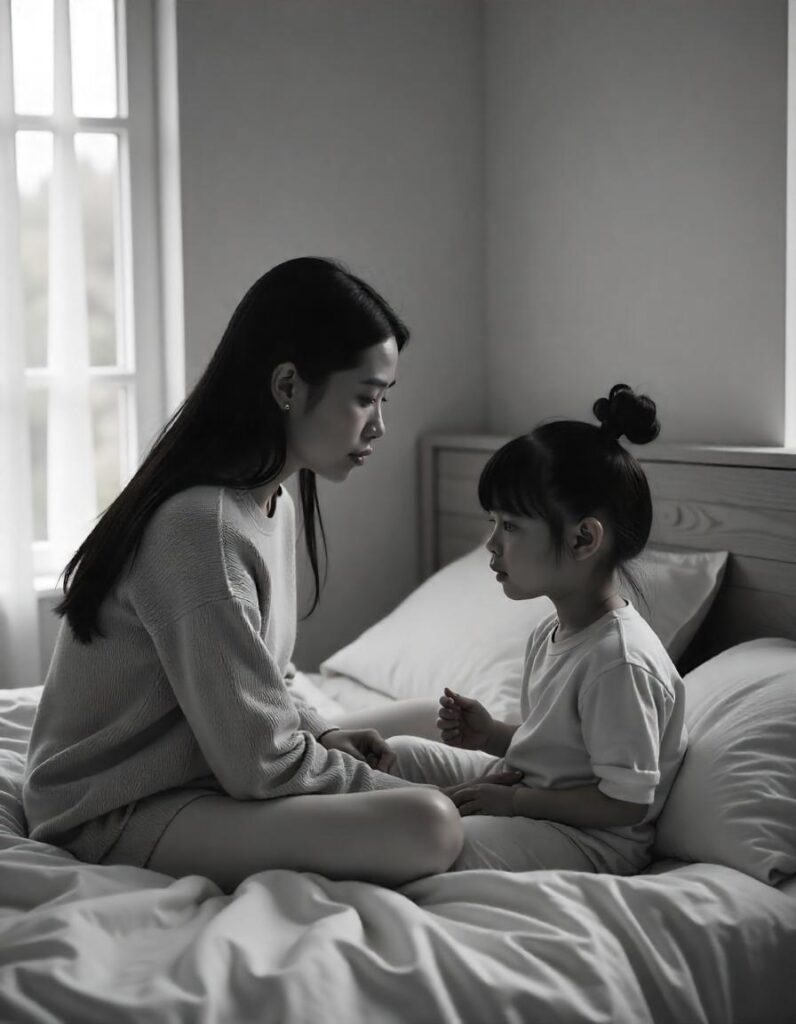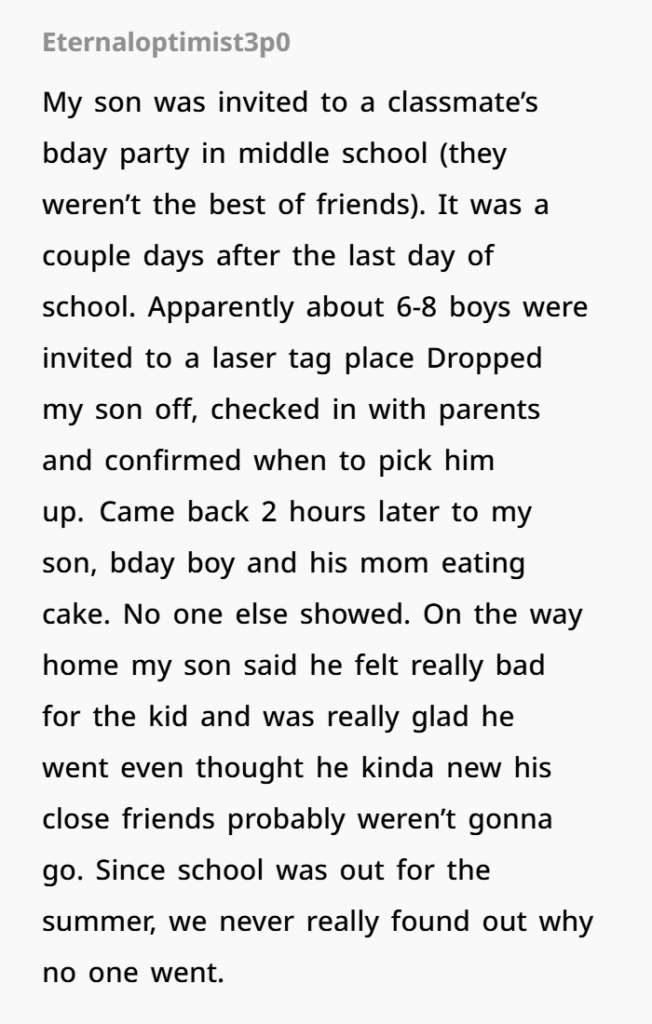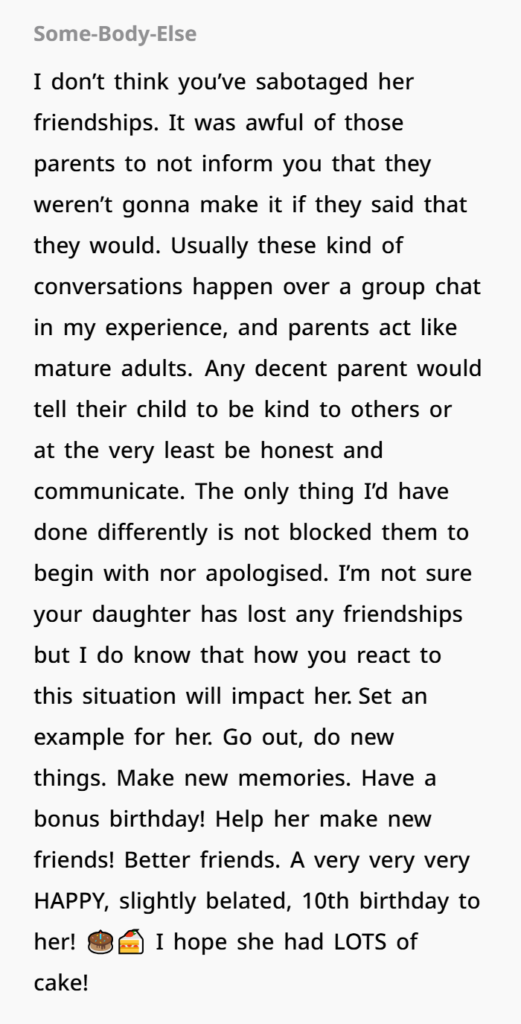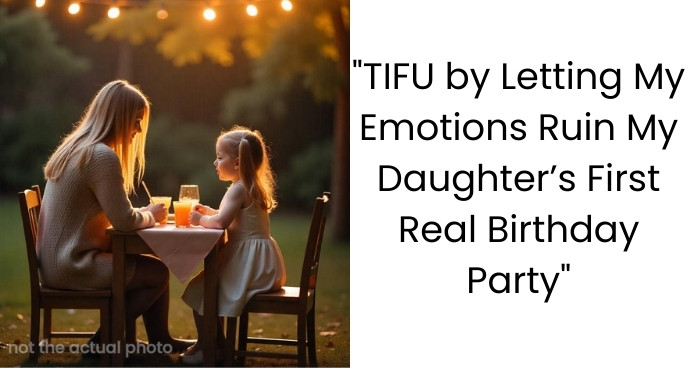TIFU by getting emotional and possibly ruining my ten year old daughter’s relationship with her friends after no one showed up to her birthday party.
A Struggling Daughter OP is writing one of the saddest TIFU stories ever about his/ her 10-year-old daughter who has always struggled to make friends. It was a BIG year because she finally found a group of friends to celebrate with. OP went all out decorating her home, preparing a bunch of different foods and preparing some parting gifts for her guests hoping to make a special day for her daughter. But when the day came, no friends arrived—having RSVP-ed or indicated that they would. With no one but a few kind old neighbors and a family friend able to attend, my poor birthday girl spent the day waiting by the window for her friends to arrive.
That evening, the emotional trajectory of the events compelled OP to message the parents of the invited girls, expressing not only frustration at the logistic oversights, but disappointment at the lack of communication (presumably because they thought empathy to be too inconvenient). OP, in the heat of the moment, called out the girls for not showing up and not caring about the emotional pain it caused so ultimately the parents were blocked after this. OP unblocked the group and apologized for the outburst, but the friendships are already damaged, and the group has been dodging the daughter since then. And as strong as OP tries to portray herself, she can see the impact the ordeal has had on her (and her wife) and a tidal wave of guilt wondering what she could have done differently to prevent it.
Read for more info Reddit











The Social Etiquette of Children’s Parties
Children’s birthday parties, especially for those struggling socially, are often more than just a gathering; they symbolize inclusion and belonging. When guests fail to attend without warning, it can cause long-lasting emotional harm. According to child psychologists, such social setbacks during developmental years can impact a child’s confidence and trust in peer relationships (Smith & Hart, Developmental Psychology Journal, 2017). However, it’s also important to remember that parental emotions are just as valid in such moments. Witnessing a child in pain naturally triggers protective instincts.
That said, in terms of social etiquette, it is generally expected that if an invited guest cannot attend, a timely cancellation or notice is the courteous route. Unfortunately, no-show scenarios are more common than one might expect. A 2019 survey by Evite reported that nearly 30% of RSVPed guests to children’s parties cancel last minute or fail to show up, often citing busy schedules, forgetfulness, or miscommunication.
Similar Situations and Community Responses
This situation is reminiscent of several stories shared online where parents of shy or socially anxious children planned parties only to experience devastating no-shows. In many cases, some parents have chosen to reach out to the other parents to understand what happened, often leading to honest explanations—misplaced invitations, illnesses, or double-booked weekends. However, when emotional venting crosses into perceived hostility, as in OP’s case, it can create unintended social ripples, causing other parents to distance their children from any perceived drama.
In a notable case from Reddit’s r/Parenting community (2021), a mother experienced a similar no-show for her autistic son’s birthday and wrote emotional messages to the invitees’ parents. However, after a cooling-off period, she sent a follow-up letter of understanding and even organized a make-up playdate, turning the situation around. This demonstrates that repair is sometimes possible through vulnerability, acknowledgment of emotional outbursts, and sincere outreach.
Legal and School Policy Insights
In some school communities, there are informal guidelines (and occasionally formal ones) about inclusive party invitations to prevent situations where only select classmates are invited or excluded. Some schools even require that if invitations are distributed at school, either all classmates are invited or they must be handled privately to avoid social fallout (National PTA Guidelines, 2020). However, once an event is private and outside school jurisdiction, there’s limited recourse if guests no-show or ghost the event.
Could This Be Salvaged?
If OP desires to help mend the social breach, a possible step could involve sending a neutral, conciliatory message to the parents of the group. This could express understanding for any unforeseen circumstances, reaffirm that emotions ran high out of care for their daughter, and that they value the friendships the girls have built. Additionally, OP could coordinate opportunities for casual, pressure-free social interaction—like a movie outing, craft day, or after-school playdate—where the environment isn’t centered on the past party but rather on moving forward.
Here were the top rated comments from readers in response to the OP’s post:








I fully understand the regret but the key here is to allow the children and the parents a time for reset. At age ten, we know friendships are still squishy, and children are more resilient then we will ever be. Which is all that OP’s daughter is showing that strength by hoping to make new friends. But with a little intentional outreach and time, those relationships can be repaired, if not completely restored.

